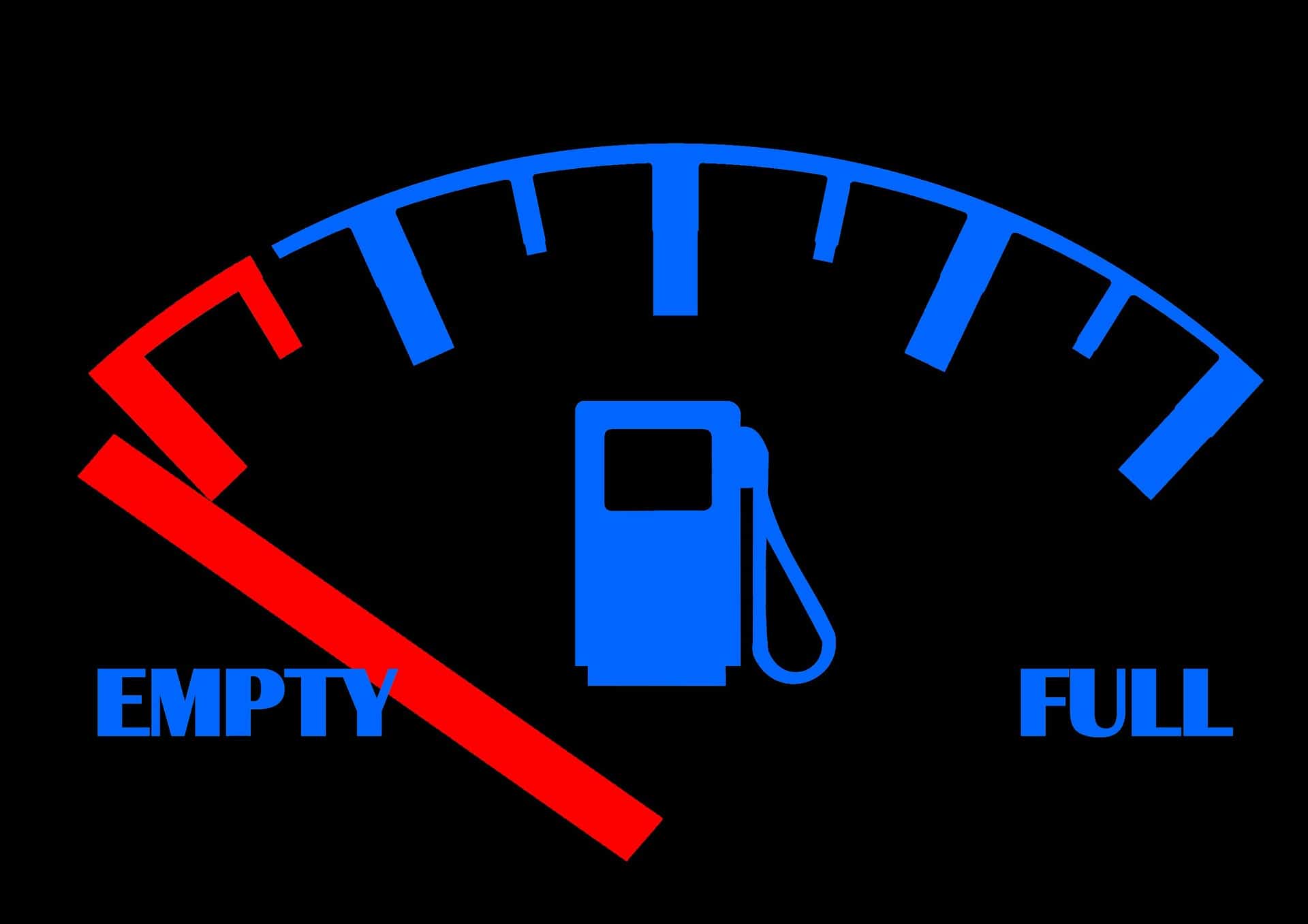
Fill up your tank with fuel before you start a long trip or the block of time you want to track. To determine what your miles are worth multiply the miles driven by the mileage rate set by your employer.
At the end of the run note your trip odometer.
How do you figure out your gas mileage. Fill your fuel tank to the pump cutoff level Reset the trip computer Drive until fuel is required Fill the tank again to the pump cutoff level Make a note of the number of gallons used to re-fill and the miles on the trip counter Reset trip Use the formula below to calculate mpg using your. Calculate Get the miles traveled from the trip odometer or subtract the original odometer reading from the new one. Divide the miles traveled by the amount of gallons it took to refill the tank.
Fill up your tank with fuel before you start a long trip or the block of time you want to track. For example you may just want to track your weekly. At the end of the run note your trip odometer.
An accurate odometer will reflect the distance you traveled. If your odometer is higher than the distance traveled your fuel efficiency will be better than you had calculated. So if for example your car has a 40-liter tank and youve driven 500 km the question to ask is how many liters of gasoline we spent to drive 100 km.
When doing so next time obtain the mileage accrued between the two gas fill-ups. Then divide the mileage figure by the amount of gas filled the second time to obtain the gas mileage. How to Calculate Gas Mileage Learn Your Vehicles Gas Tank Capacity.
Your vehicles gas tank capacity can be found in the owners manual. Fill Up Your Tank. Fill your tank up completely.
When you turn the engine back on make sure the tank gauge shows that. Examine the Gas Pump. Divide the number of miles youve driven by the number of gallons you put in at the pump to give you a fill-by-fill gas mileage reading.
And if youre interested in the fluctuations in gas price. Multiply the number of business miles driven by the reimbursement rate. Something like a mileage-tracking app will help you keep track of your drives.
Multiply the total miles by the standard mileage rate determined by the IRS for the tax year. The rate was 58 cents per mile in 2019 then it dropped by half a cent to 575 cents per mile in 2020. Find the cheapest gas stations on your route with this easy-to-use gas estimator for your trip.
Discover how this simple tool can estimate your total trip cost gas mileage gallons used and the savings youll experience today. All you have to do is enter where youre going and what kind of car you drive and GasBuddy will do the rest. To determine what your miles are worth multiply the miles driven by the mileage rate set by your employer.
For example lets say you drove 224 miles last month and your employer reimburses at the Standard Mileage Rate for 2020 of 575 cents per business mile. Your mileage reimbursement would be 12880 224 X 575 cents 12208. Now that you have all of the data you need its time to calculate your cars gas mileage.
Divide the miles traveled since your last fill-up by the number of gallons it took to fill the tank during your most recent stop at the gas station. The figure you wind up with is your cars average miles per gallon. Check out Bas Ruttens Liver Shot on MMA Surge.
HttpbitlyMMASurgeEp1In this video Mahalo math expert Julie Clark shows you how to calculate your gas mi. Make sure to write down the amount of gas you used and make sure to include the numbers after the decimal point. Using your calculator divide the number of miles youve driven by the number of gallons of gas you just bought.
The resulting number is your gas mileage. If the gas pump you used to fill up does not have this function you can divide the total amount of your gasoline purchase by the price per gallon. 4 Set your trip odometer.
This is typically located on your dash board and is set by pushing a button located somewhere around the speedometer or RPM gauge. To learn more find the details and explanations about deductible mileage rates and expenses below. Then lets go and do your 2020 Taxes.
